Staying true to our purpose
Whether it's investing in innovative technologies, improving the environmental impact of our products, or ensuring that the way we operate is socially responsible, at Airbus sustainability is at the very heart of our purpose to pioneer sustainable aerospace for a safe and united world.
Read on to explore the many different ways we are bringing sustainability to life at Airbus.
The future of aviation
We invest in pioneering technologies, to drive down emissions, enhance efficiency and build for the long-term.
Operational efficiency
We reduce the environmental impact of our operations, fostering a lifecycle approach and building resilience into our supply chain.
Community impact
Airbus is tackling global challenges like climate change, poverty, and inequality by focusing on two core areas: supporting vulnerable communities during humanitarian and climate crises, and equipping young people with vital skills for the future.

Safeguarding national sovereignty
We believe that there is no sustainability without security, and no security without sustainability.
For Airbus, defence is a force for good.
Defence is the cornerstone of a nation’s provision of safety and security for its citizens and their way of life. It is also an engine of innovation and a driver of economic growth, as well as an investment in sovereignty and resilience.
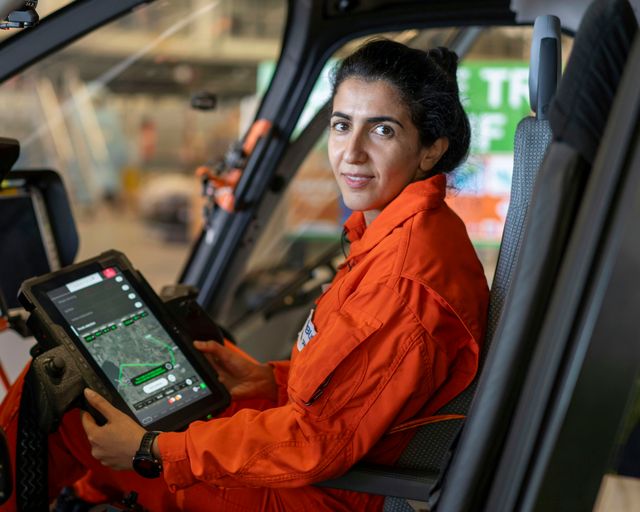
Pioneering sustainable aerospace
Sustainability at Airbus
Our purpose is to pioneer sustainable aerospace for a safe and united world. This is also the theme of a new publication exploring Airbus’ approach to sustainability, released in 2025.
In the pages of “Pioneering sustainable aerospace”, you can learn more about Airbus' approach to a wide range of sustainability topics, from the new energies and innovative technologies shaping the future of flight, to the key role played by Earth observation satellites in climate monitoring and biodiversity efforts, and how aerospace can act as a powerful force for good in an unstable world.

Maximising our impact through collaboration
We contribute to a global industry that supports the livelihoods of millions of families. We support global stability and peacekeeping, and work collaboratively with others around the world to maximise our positive contribution to society.
We are passionate about driving sustainable aerospace. We advocate for progress that will make our industry more sustainable, and play an active role lobbying and educating through our membership of industry associations and coalitions like ATAG, ICCAIA, IATA, and ASD. We are also part of the advisory group of the World Economic Forum (WEF), working on the Space Sustainability Rating and are a founding member of the WEF First Movers Coalition.
Our partnerships with airlines are also an important way that we can drive positive change in the industry. For example, we support solutions like Direct Air Carbon Capture (DACC) that will offset the impact of emissions during our transition to net-zero.
The latest in sustainability
In the spotlight
-
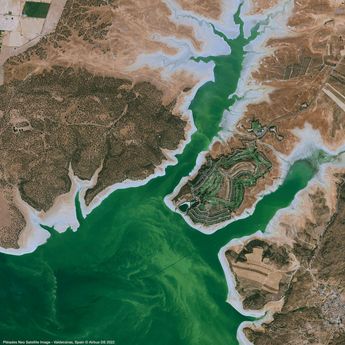
Stories Sustainability
Airbus Foundation and Solar Impulse Foundation launch call for projects
Airbus Foundation, Solar Impulse Foundation and Space4Good launch call for projects that address nature-based climate resilience. -
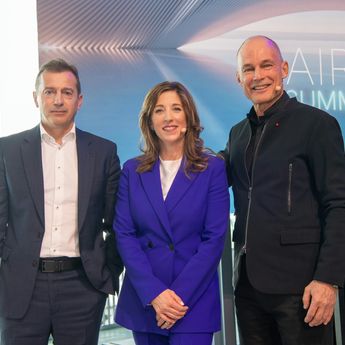
Press releases Sustainability
Airbus Foundation joins forces with the Solar Impulse Foundation to boost climate…
-
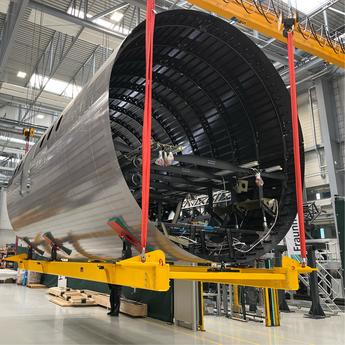
Stories Innovation
Fantastic thermoplastics
-

Press releases Space
Airbus to build two radiometers for CNES for use on NASA/JAXA international climate…
-
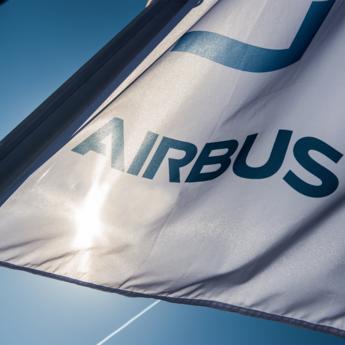
Press releases Sustainability
Airbus to boost sustainable aviation fuel production through investment in LanzaJet

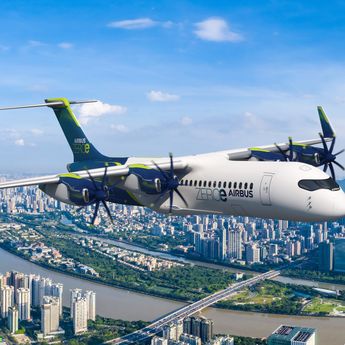











Social responsibility
Sustainability at Airbus is grounded in responsibility, resilience, and ethical business practices.
Human rights
Inclusion and diversity
Integrity and compliance